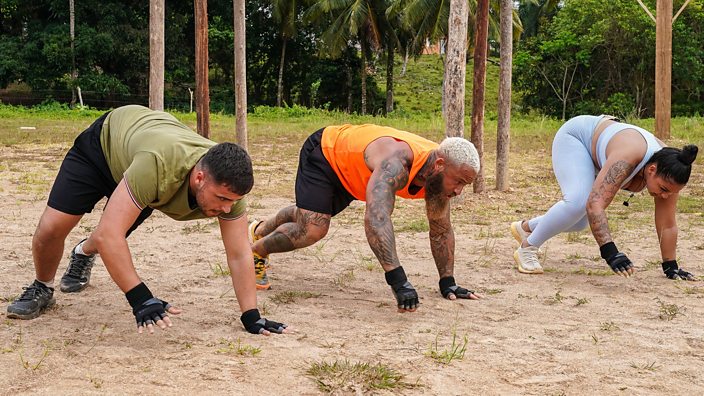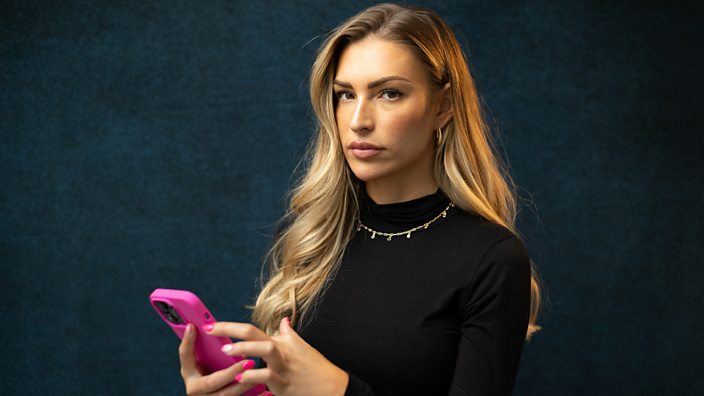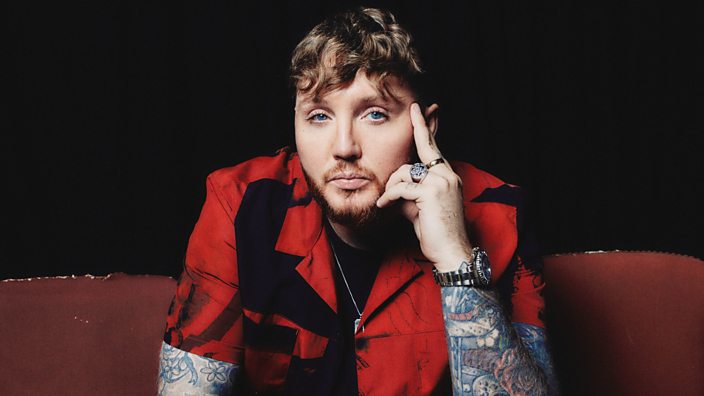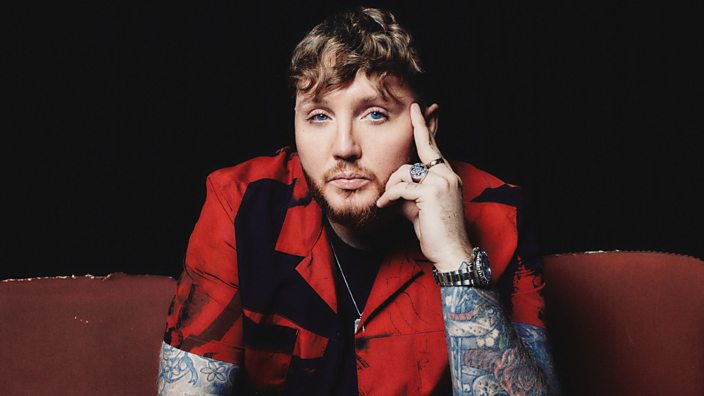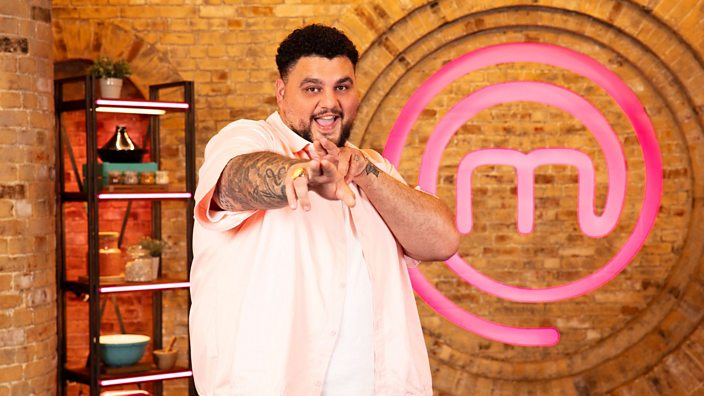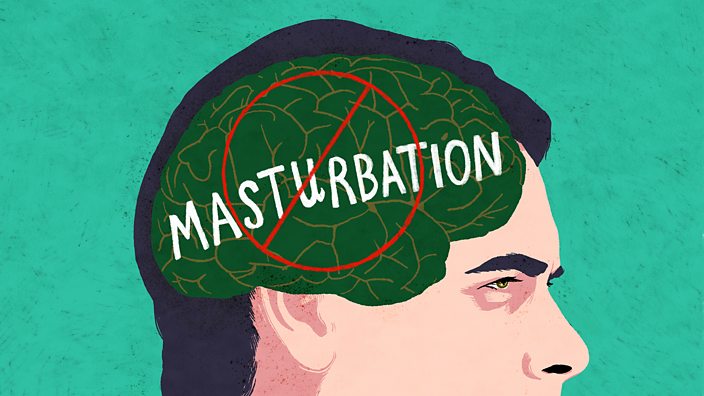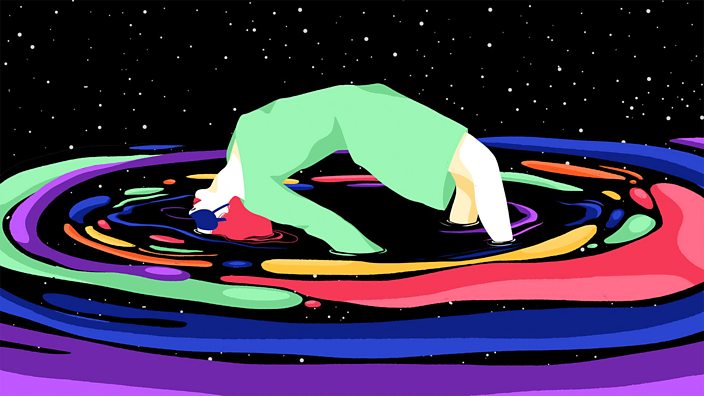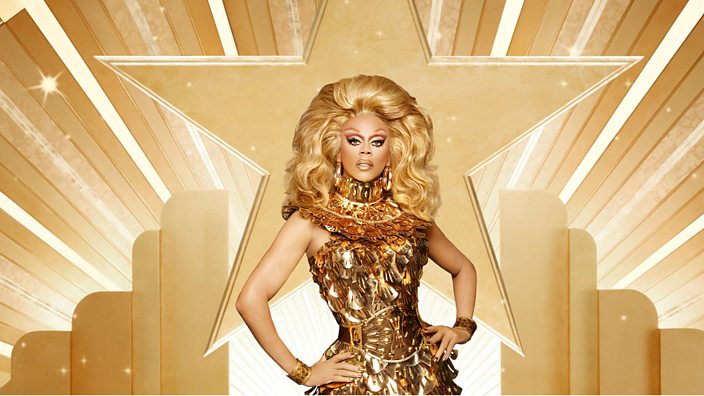 VH1
VH1RuPaul's Drag Race is the TV friend you need
The drag reality show is hilarious, but also a vital outlet for discussing ideas of identity and acceptance
When I first moved to London last year, I was pretty friendless. The majority of my human interactions involved speaking to colleagues at work about work-related things.
All of this was topped off by a 60-minute commute to and from the office, during which I was sandwiched between sweaty people who seemed to have somehow reached a wondrous Zen state of being completely oblivious to everything around them (I think I’ve mastered it myself now, to be honest. It’s fantastic).
I would end most of these days by coming home and watching RuPaul’s Drag Race, which last weekend sashayed back onto our screens with its third All Stars series.
When I started bingeing it last year, I devoured seasons three to seven in mere weeks, cheering on my favourite queens, laughing at their wit and charm as they cleverly tore apart the competition, wiping away the stray tear when they opened up to Ru and the other contestants about their personal stories. This show is important to me, and others feel the same.
You’d be wrong to dismiss the show as a vapid reality show: it goes much, much deeper, and often addresses the vulnerable and dark pasts of the contestants.
In season 5, after facing off with Alyssa Edwards in a lip-sync performance - the highly emotional battle that decides which queen remains ("Shanté, you stay") and which leaves ("Sashay away") - Roxxxy Andrews opened up to Ru and the judges about being abandoned by her mother and feeling unwanted: “I try to be this strong character, but I’m so weak at the same time.”
As a tear rolls down her cheek, Ru does not hesitate in saying,
We love you. We as gay people, we get to choose our family, we get to choose the people that are around. I am your family.
RuPaul
An important moment from last year's ninth season took place during one of the show's make-up sessions, which are often a chance for calm and reflection before the queens hit the runway. Both Cynthia Lee Fontaine and Trinity Taylor shared stories about people they lost at the Pulse Nightclub mass shooting in Orlando in June 2016.
Cynthia was originally planning on performing at Pulse on the night of the tragedy, and actually lost one of her oldest friends that night. "We never expect that a tragedy like this would happen in our community. We thought we'd finally built a safe space."
Sasha Velour added: “What happened in Orlando at Pulse nightclub was a defining and shocking moment for gay people. The fact that it was an act of violence against LGBT people of colour is not insignificant here."
Another instance of high emotions also took place in the first episode of season 9, when Lady Gaga met the queens.
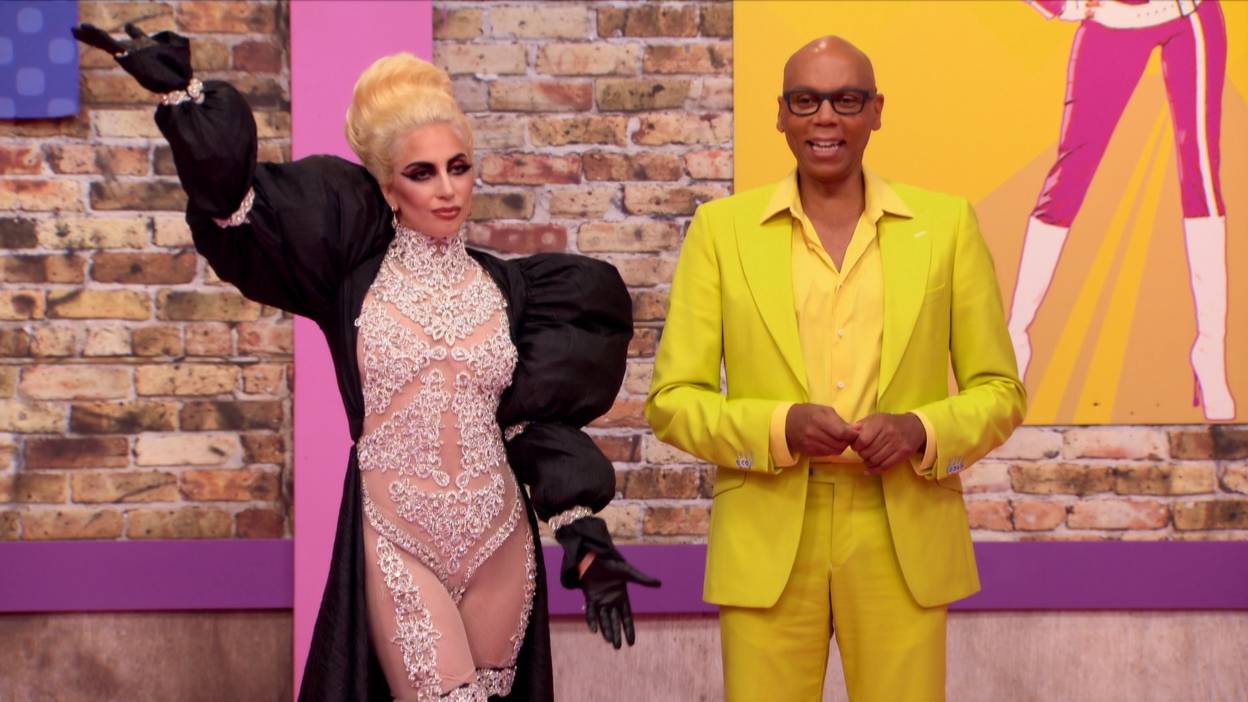 LogoTV
LogoTV
Among the enthusiastic screaming and fanning of tears, Eureka opens up to Gaga:
I have been the closest to death and you've pulled me out of it. You don’t even realise what do for people. How much you inspire all of us.
Eureka
Moments like this are a reminder that while it’s important we celebrate difference and otherness, we also need to understand that some have had a long and complicated 'herstory' with acceptance and self-love. Drag Race has and continues to strike the balance perfectly.
Now that I’m a bit more settled into my new life and participate in a fairly healthy volume of non-work-based conversations, I’ve relied on Drag Race less. But it's continued to be an important show for me to revisit, and it's nice to know that I'm not alone.
This article was first published on 13 April 2017.
Read more:


